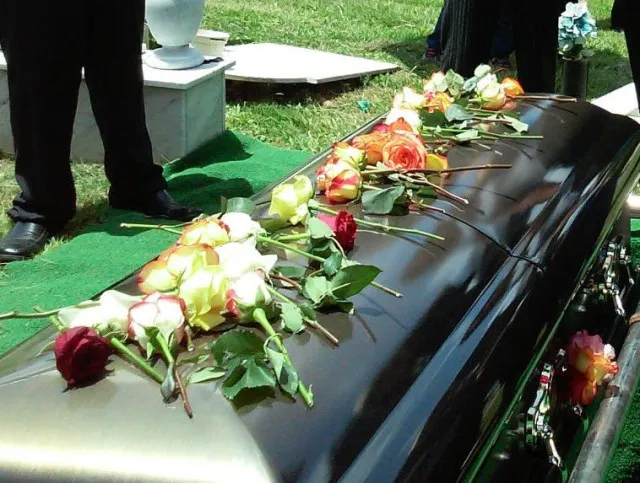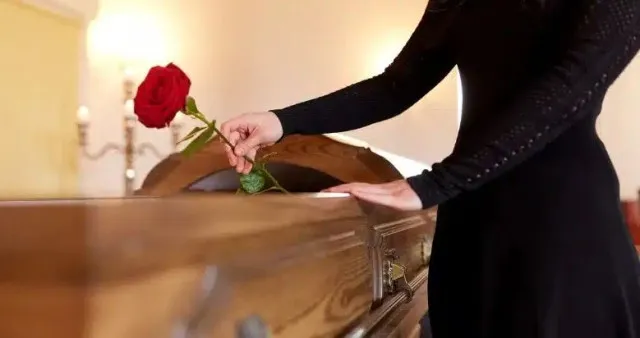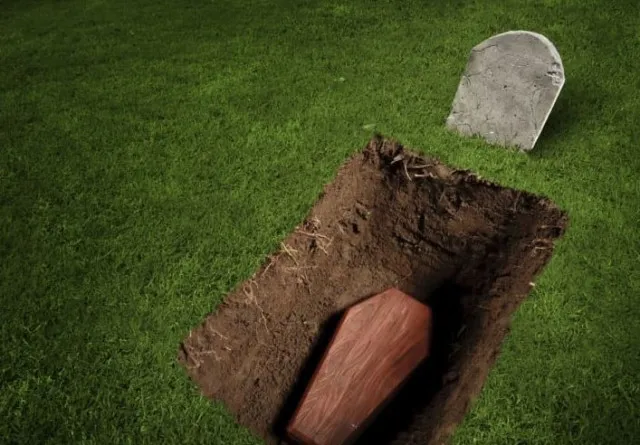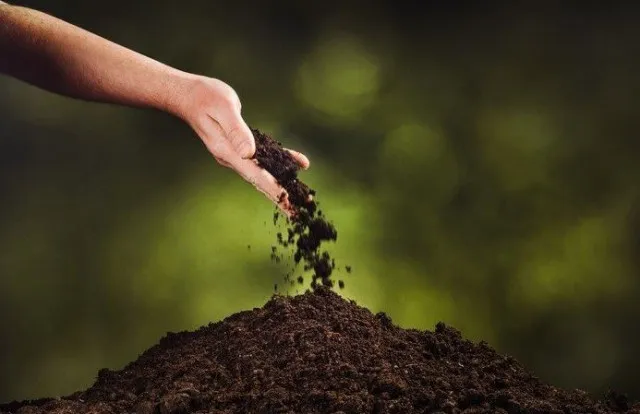Burying the deceased in coffins rather than directly in the ground is a long-standing tradition rooted in history, culture, and practicality. From health considerations to cultural customs, there are several reasons why this method of burial remains widely accepted. In this article, we explore the purpose of coffins, the challenges they address, and how modern burial practices are evolving.

The Historical Roots of Coffin Burial
Coffins, also known as caskets, have been used for centuries as a means of interring the dead. While the practice of burying individuals with care dates back to ancient times, the use of coffins gained prominence in Europe around the 16th century. Early coffin designs were often simple wooden boxes, but over time, they became more elaborate, reflecting the social status and wealth of the deceased.
The adoption of coffin burial in Western societies was influenced by religious beliefs, social customs, and a desire for dignified funerals. Coffins were not only a practical solution for burying the dead but also served as symbols of respect, honoring the deceased and offering a tangible sense of closure for the grieving.
Coffins as a Means of Transportation and Handling
One of the primary reasons for using coffins is their role in safely transporting and handling bodies. When someone passes away, their body must be moved from the place of death to the burial site. Coffins provide a solid and secure container, making it easier for pallbearers to carry the deceased. The structured design, with handles on the sides, allows for a dignified procession and reduces the risk of accidental injury to the body during transit.
Unlike other methods of body transportation, such as body bags, coffins offer a more formal and ceremonial way to carry the deceased, making them the preferred choice for most families. The visual and symbolic presence of a coffin also helps loved ones come to terms with the loss, offering a final opportunity to say goodbye in a respectful manner.
Health and Safety Considerations
After death, the human body begins to decompose, releasing bacteria and gases that can be harmful if not properly contained. Diseases such as tuberculosis, cholera, and certain viral infections can linger in a deceased person’s body, posing potential health risks to those who handle or come into contact with the remains.
Coffins help mitigate these risks by containing the body’s fluids and gases, thus minimizing exposure. In cases where the deceased had a contagious illness, sealed or lead-lined coffins are used to prevent the spread of pathogens. This practice is particularly common in cases of epidemic outbreaks, as it helps protect public health.
Protection Against Environmental Elements
In nature, decomposition is a natural process, with scavengers, insects, and microbes breaking down organic matter. However, this process can be problematic in human burial settings. Without a coffin, bodies buried directly in the ground are more susceptible to being disturbed by animals, insects, or even natural erosion.

Coffins provide a dignified way to transport bodies and conceal them from mourners. Image Credits: Getty
- Insects: Flies, for example, can dig several feet into the ground to reach a body, where they lay eggs that develop into larvae. This can compromise the integrity of the burial site.
- Scavengers: Animals such as raccoons, coyotes, and even domestic dogs have been known to dig up shallow graves, leading to distressing situations for both the living and the dead.
Coffins provide a physical barrier that deters animals and insects, helping to maintain the sanctity of the burial. The presence of a coffin also ensures that the body remains in its intended resting place, preventing accidental disturbances.
Cultural and Religious Significance
Coffin burials are deeply ingrained in many cultures and religious practices. For centuries, people have been buried with their most cherished possessions—jewelry, weapons, or artifacts—as a way to honor their lives and beliefs. Coffins serve not only to protect these possessions from theft and decay but also to preserve the dignity of the deceased.

Coffins help reduce the risk of disease transmission from corpses, especially for high-risk bodies. Image Credits: Getty
The notion of a proper burial varies widely among cultures:
- In some traditions, the coffin symbolizes a safe passage for the soul into the afterlife.
- In others, the coffin is viewed as a means to keep the deceased’s spirit contained, preventing it from returning to the world of the living.
- For many, a coffin represents a final, respectful “home” for the body, reflecting humanity’s desire to care for loved ones even after death.
The ceremonial use of coffins also extends to state funerals, where elaborate caskets are chosen to reflect the status, accomplishments, or contributions of the deceased, demonstrating society’s reverence for the individual.
Environmental Concerns of Coffin Burial
While coffins offer many benefits, they also come with environmental drawbacks. Coffin production consumes significant amounts of wood and metal, contributing to deforestation and material waste. In the United States alone, thousands of acres of forest are cut down each year to produce coffins, which are then buried underground, effectively locking away natural resources.
Coffin burial also occupies a considerable amount of land, with traditional cemeteries requiring large tracts to accommodate burial plots. This has led to growing concerns about the sustainability of coffin burials, particularly in urban areas where land is limited.
Modern Alternatives to Coffin Burial
As environmental awareness grows, so does the interest in alternative burial methods that minimize ecological impact. Here are some of the most popular alternatives:
- Cremation: Reduces the physical space needed for burial and often results in lower environmental impact than traditional coffin burials.
- Aquamation (Water Cremation): Uses water and alkaline chemicals to break down the body, leaving behind a nutrient-rich liquid that can be safely returned to the earth.
- Natural Burial: Involves burying the body directly in the ground without a coffin, using only biodegradable shrouds. This method allows for faster decomposition and returns nutrients to the soil.
- Human Composting: The body is placed in a controlled environment where it decomposes into nutrient-rich soil, which can then be used to enrich gardens, forests, or conservation areas.

Decomposing bodies attract scavengers, so coffins prevent remains from being scattered or disturbed. Image Credits: Getty
These alternatives not only address environmental concerns but also offer unique ways for individuals to reflect their personal values in death.
Conclusion: A Symbol of Respect and Tradition
The tradition of burying people in coffins stems from a combination of historical customs, practical considerations, and cultural values. Coffins provide a dignified way to handle and transport the deceased, protect against health hazards, and preserve burial integrity. However, as society evolves and environmental concerns become more pressing, alternative burial methods are gaining acceptance. Whether opting for traditional coffin burials or exploring greener options, the choice ultimately reflects individual beliefs, values, and respect for the deceased.